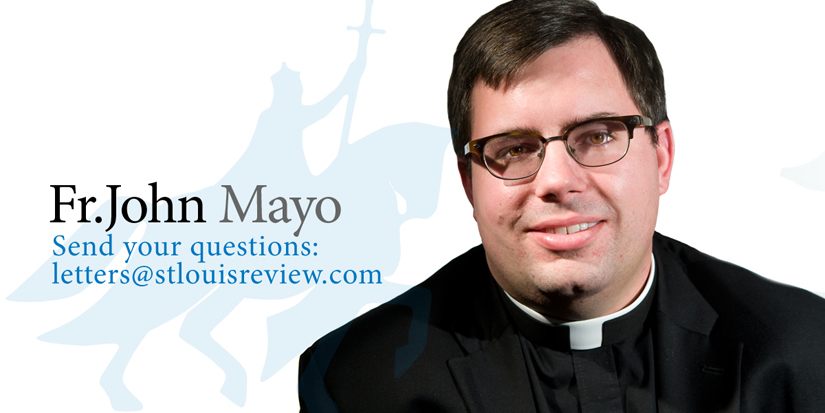
Reporters on the scene of a news event are there to report on what happened. After they establish the facts, they take time to gather people’s reactions, which help to humanize the event and offer context.
In the first chapter of St. Luke’s Gospel, much happens to Mary. First, the Archangel Gabriel appears to her to ask her to be the mother of the savior. She leaves quickly, heading up into the hill country to visit Elizabeth, her relative. Although Mary is now pregnant, she is quick to offer to help her cousin who is with child at an older age. Upon entering Elizabeth and Zechariah’s house, Mary is greeted by Elizabeth. Elizabeth declares Mary to be blessed by the Lord to be carrying Jesus: a fact confirmed by Elizabeth’s baby leaping in her womb. After so many extraordinary events, we cannot help but wonder what Mary’s reaction is.
As we may expect, Mary does not put the focus on herself. Instead, she immediately turns to God, proclaiming His greatness for the great favors He has shown her. Such praise wells up from the depth of her soul to consume her entire being in praise of God. This movement of praise toward God holds nothing back for herself. Though God is doing great things in and through Mary, she humbly recognizes that she is His lowly servant. This section of the Magnificat ends by her recognition that she will from now on be called blessed because of what God is doing through her. Again, while recognizing the true blessing God is imparting through her, she declares “…holy is His name” (Luke 1:49).
Mary then speaks about God’s mercy and His power. His mercy, Mary declares, is eternal to those who put their trust in Him. It could be said here that Mary hints at an understanding that Jesus’ coming is not to change the political order, but rather as an expression of God’s mercy. Though God is merciful, He is also all-powerful. This power is manifested through His mighty arm who is even now at work changing the social order.
This societal change Mary speaks about foreshadows what Jesus would teach so many times. Jesus states that in His Kingdom the first will be last and the last will be first. Mary prophecies that Jesus has come to teach and to bring this change about.
As the Magnificat concludes, Mary returns to the theme of being humble before the Lord. She recalls that the Lord will help Israel, who is His servant. Seeking to be a servant of the Lord will bring the fulfillment of the promises God made to Abraham and to his descendants.
The Magnificat is truly a beautiful hymn of the New Testament. It roots us in praising God for His blessings, recalls His saving plan, and calls us to remain His servant.
Father Mayo is pastor of St. Raphael the Archangel Parish in St. Louis.